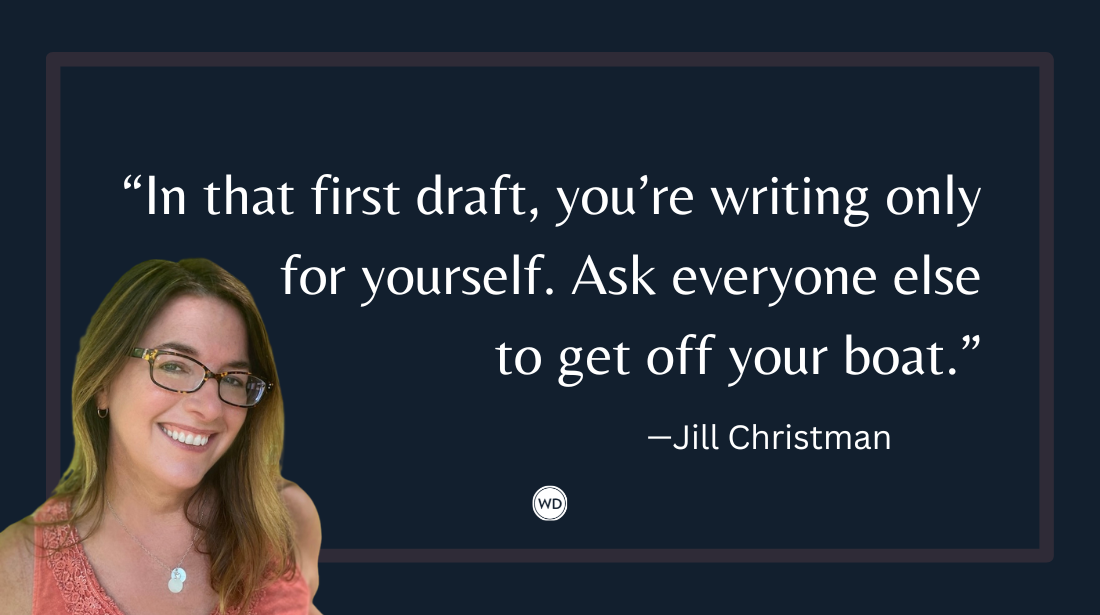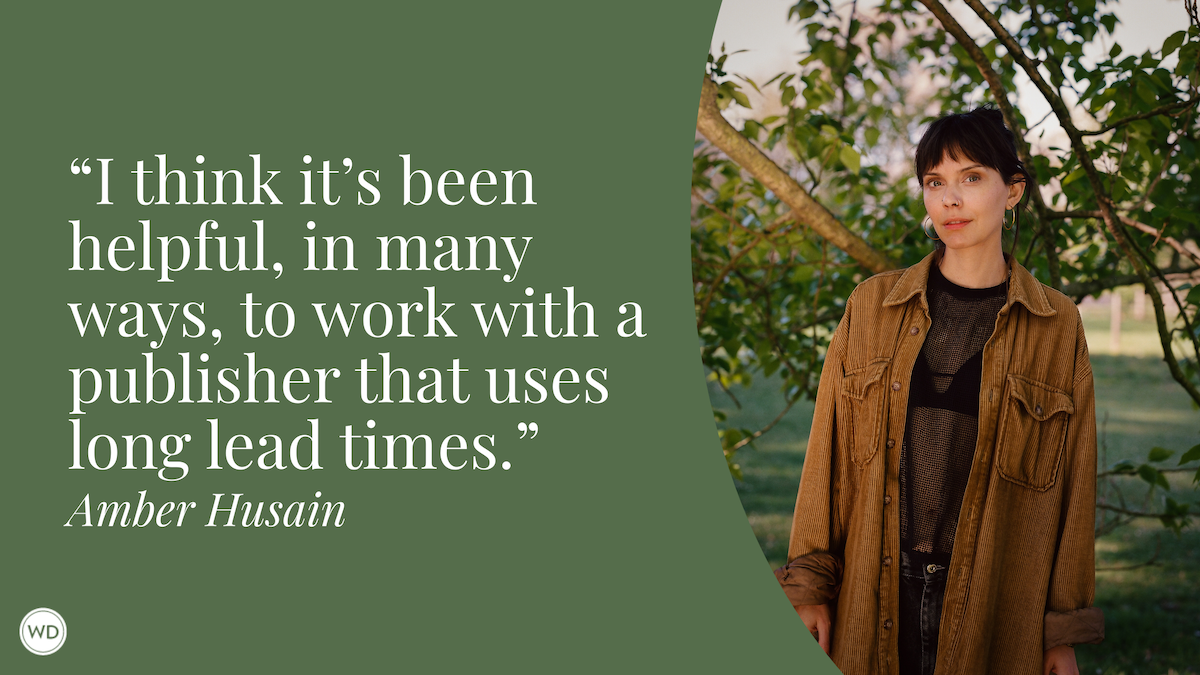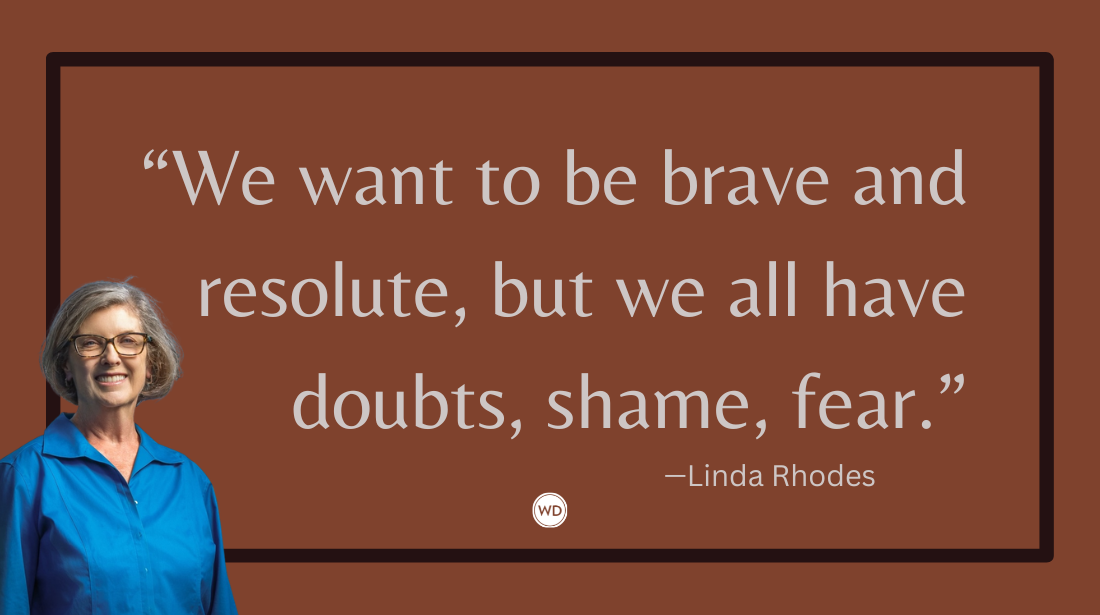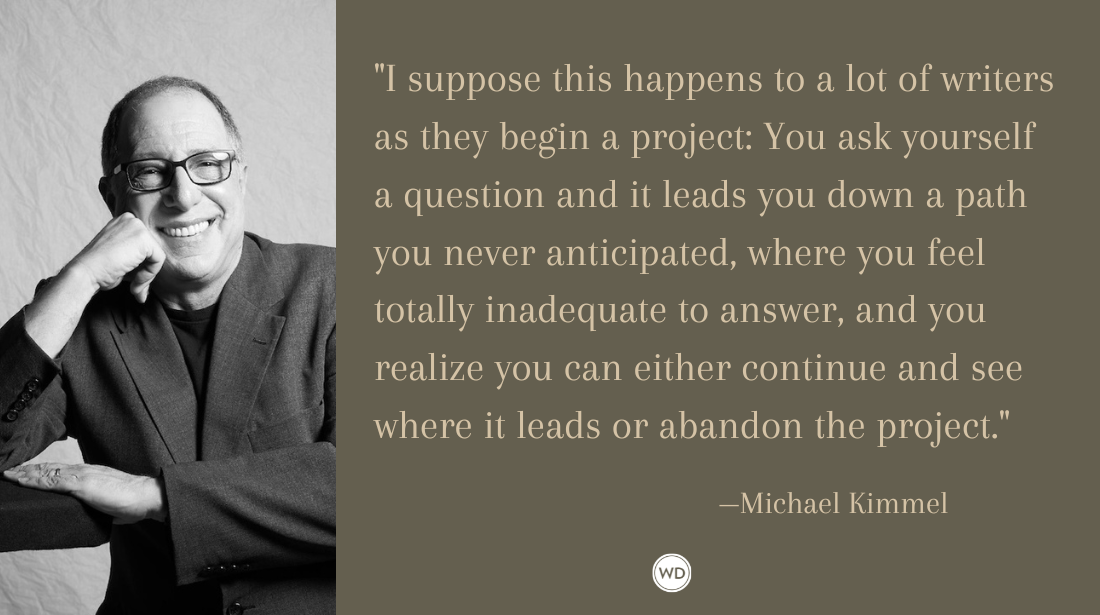Nothing Is Fiction
Former journalist and award-winning author Fred Waitzkin made the leap from nonfiction to fiction by accepting that nothing is fiction—everything is inspired by his real-life experience.
Former journalist and award-winning author Fred Waitzkin made the leap from nonfiction to fiction by accepting that nothing is fiction—everything is inspired by his real-life experience.
It took me many years to understand the close proximity between fiction and nonfiction, although had I been smarter or a better observer, I might have saved myself a lot of time and failure. When I was 13, my mother gave me a copy of Life magazine with Hemingway’s TheOld Man and the Sea and ordered me to read it. That novel changed my life. The rhythm of Hemingway’s short sentences pulled me into his mythic tale. Almost immediately I was hooked on fishing and writing, passions that have remained central to my life. What I didn’t know back then was that Hemingway’s novel was based on a true story he’d written written more than 20 years earlier for Esquire and that Santiago, Hemingway’s protagonist, was based on a fisherman who was living in Cuba.
In my 20s I struggled to write short fiction. I had the idea that great writers like Hemingway, Kerouac, and other authors I admired were able to make up unforgettable characters and arresting storylines as if pulling them out of the heavens. I tried to do this but for much of the time I suffered from writer’s block. I worried, how could I be a writer if words rarely came out? Occasionally I had a compelling dream—often very depressing—and wrote it into a short story that I usually couldn’t publish. But I wondered if dreams were the magical place from which great fiction grows. I wondered if my dreams would someday grow in scope and become less melancholic and unnerving.
In my 30s I began to write feature pieces for national magazines. I wrote about championship basketball teams, adventures at sea, and profiles of great writers and impoverished, eccentric chess players. Whenever a story grasped my imagination, I proposed it. Newspaper writers, especially back in the day, were not supposed to allow their points of view to invade a story, as if the facts themselves should be pristine, compelling, and irrefutable. But my perspective was really what I’d relied on before; so, quite naturally, my pieces were colored by my feel and imagination. Also, it was unusual for stories in TheSunday Times Magazine to be written in the first person. But that was the style that I’d used in my “fiction"; and for some reason, my editors put up with me, groused or sometimes chuckled about my eccentricities, but mostly allowed me to go my own way.
I surely didn’t realize it at the time, but while finding myself as a journalist, I was bringing aspects of fiction into my nonfiction.
But the key element was discovering the importance of a good story. I might find one in a small article in a tabloid or in a conversation with a professional athlete or chatting on the subway with a stranger. Our lives are built on stories, more or less compelling, one heaped on top of the next. In fact, there are so many stories winding past our eyes that it is easy to become blinded and unable to see even one. Writing magazine pieces helped me learn that good stories were essential, and I needed to hunt for them or sometimes coax or romance them from a subject. I learned that stories had to be researched deeply, filled with cogent facts but also with a point of view to give them color and a kind of impulsion or passion or they would be boring. Dreams were helpful as well, not so much for the main course, but to set the emotional tone.
The importance of hunting for good stories changed my life as a writer.
My memoir, The Last Marlin, was mostly about the predicament of Fred, an adolescent boy, living with an iconoclast artist mother and a salesman dad rooted in conventional beliefs, parents that abhorred one another in almost every respect. And me, Fred, who believed, hilariously (when I look back on it today) that if I cultivated my love for fishing, if I trolled and dropped down my sand worms passionately enough, that Mom and Dad would stay together and life would grow more pacific. It didn’t work out that way.
I thought from the beginning that writing the book, or at least getting the plot right, would be a simple matter. After all, I was just writing about my own life—something I ought to know. But I quickly realized that I remembered certain things, key events, especially ones that were still emotionally alive. But there were so many things I’d forgotten. The key events were like buoys in the ocean. How do I navigate from one to the next? I asked my aged relatives questions about my parents, but their answers were often tentative. So I daydreamed, reaching for smells and tastes and old conversations that might have taken place. I imagined this is what might have happened to get me to the next marker in the ocean of my life. When an event felt true to me, I wrote the pages. I came to believe in these deeply ferreted secrets, at least in a feeling sense. In the end, my memoir was like a novel of sorts, imperfect memories buttressed by imperfect memories of others held together by my intuitions. In fact, before sending the memoir off to Viking Books I considered changing names and offering it as a novel, although in the end I sold it as a memoir.
I’ve recently read two Jack Kerouac novels, The Dharma Bums and The Big Sur. I loved and admired the honesty and poetry of both of these works that Kerouac might have called memoirs if he hadn’t changed the names of his characters and called the books “novels.”
My new novel, Deep Water Blues, straddles the line between fiction and nonfiction in an unlikely fashion. In writing about a little island civilization gnarled and decimated by greed, out of control ambition, and murder, I needed to “invent” folks because of the darkness of the story I wanted to tell; but at the same time, it stirred me to take real characters like myself, Fred, and the protagonist of the novel, Bobby Little, and a few other real folks and put them into a world with other characters who were more conventionally fictive. After all, I had visited the island of Rum Cay many times over the course of 20 years. To pretend that my intimacy and affection for the place wasn’t a significant factor in the writing felt like an obvious lie that any good reader would sense. Still, at the beginning I wasn’t sure if I would feel boxed in making half my cast real people; maybe their verisimilitude would flatten out the story and not allow magic to take hold.
As it turned out, pivoting from characters I knew personally to more or less wholly created people seemed to liberate my improvisations and give them energy and license I hadn’t expected … so Deep Water Blues isn’t exactly fiction. But what is?
About Fred Waitzkin
Fred Waitzkin was born in Cambridge, Mass. When he was a teenager he wavered between wanting to spend his life as a fisherman, Afro-Cuban drummer, or novelist. He went to Kenyon College and did graduate study at New York University. After a brief stint teaching English in St. Thomas, Waitzkin settled in New York City with his wife Bonnie, where he wrote for Esquire, Forbes, The New York Times Sunday Magazine, The New York Times Book Review, New York magazine, Outside, and Sports Illustrated. In 1984, Waitzkin published Searching for Bobby Fischer, the story of three years in the lives of Fred and his chess prodigy son, Josh. The book became an internationally acclaimed bestseller. In 1993 the movie version was released by Paramount and was nominated for an Academy Award. In 1993, Waitzkin published Mortal Games, a biography of world chess champion, Garry Kasparov. In 2000 he published The Last Marlin, a memoir that was selected by The New York Times as “a best book of the year.” In the spring of 2013 St. Martin’s Press published The Dream Merchant, Waitzkin’s first novel.









